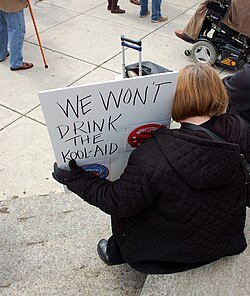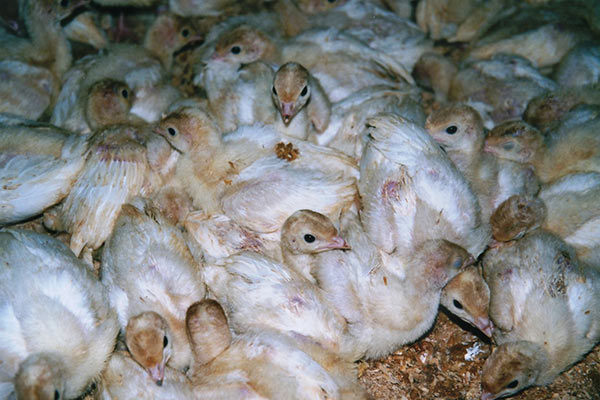dilettante
Well-known Member
- Location
- Michigan
While the media put a hard negative spin on things, they can't duck the fact that U.S. inflation has slowed to the lowest rate in 4 years. April 2025 figures came in well below March.
Gasoline and groceries have become more affordable, not to mention eggs in particular which have fallen quite a bit.
Set aside any politics. This is good news for American consumers.
Annual inflation rate hit 2.3% in April, less than expected and lowest since 2021
https://www.cnbc.com/2025/05/13/cpi-inflation-april-2025.html
Gasoline and groceries have become more affordable, not to mention eggs in particular which have fallen quite a bit.
Set aside any politics. This is good news for American consumers.
Annual inflation rate hit 2.3% in April, less than expected and lowest since 2021
https://www.cnbc.com/2025/05/13/cpi-inflation-april-2025.html



